Many Vietnamese people in southern Russia were very confused and worried when Wagner forces appeared in the city where they lived in a sudden riot.
Early in the morning of June 24, Mr. Hoang, a Vietnamese living in Rostov province, southern Russia, was awakened by the phone ringing. He did not have time to answer the call, but was awakened when he realized it was his cousin's phone number.
"There must be something unusual for him to contact me so early in the morning. Before I could call back, I received a series of calls from Vietnamese traders at the market in the city," Mr. Hoang, a trader at the market in Rostov-on-Don, the capital of Rostov province, told VnExpress .
The vendors called him to inform the market security that they would not open the door for them to enter. As someone who had a say in the management, Mr. Hoang immediately contacted the market's executive director and was startled to hear the unusual voice of the Russian manager.
"He said the whole province was dealing with a terrorist situation, all Vietnamese people needed to stay at home," Mr. Hoang said. Going to the market to get information, he and everyone else were shocked to learn that the private military corporation Wagner was moving to the capital of Rostov province.
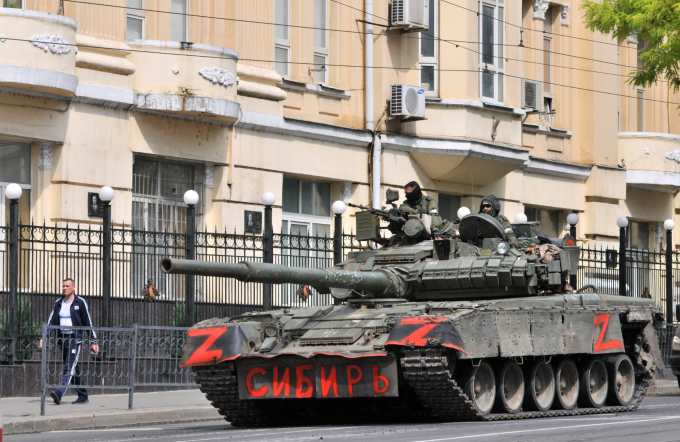
Tanks painted with the letter Z of Wagner forces on the streets of Rostov-on-Don, capital of Rostov region, Russia, June 24. Photo: AFP
From the early morning of June 24, Wagner leader Yevgeny Prigozhin sent thousands of gunmen from the Ukrainian battlefield across the border to Russia to "demand justice" after accusing the Ministry of Defense of conducting an airstrike targeting the barracks of this force, causing many deaths.
The Russian Defense Ministry denied the accusations. The Russian Security Service (FSB) announced that it had opened an investigation into Prigozhin for "inciting rebellion" against the Defense Ministry.
"There were several loud explosions on the other side of the river where I live. From afar, I could still see black smoke rising into the sky," said Hai Pham, 26, a student in Rostov-on-Don.
Traffic from Rostov-on-Don to other cities was immediately blocked. While he was confused and not knowing what to do, Mr. Hoang received a call from the Vietnamese Embassy in Moscow informing him of the situation and solutions.
The Vietnamese Ministry of Foreign Affairs also advised citizens in southern Russian cities and the capital Moscow to comply with local laws and instructions. Citizens should stay at home, avoid participating in large gatherings or making long trips within Russia.
Realizing that Wagner soldiers "did not harm the people" when they entered to control the headquarters of the Russian Southern Military District, Mr. Hoang asked Vietnamese traders to go home, stay in touch, and at the same time inform other businesses not to go to the market, "close and wait for the situation". Hai also received a notice to stop working extra hours at a restaurant near his house.
Wagner Prigozhin insisted that this was "a march for justice, not a coup and not to hinder the Russian army". He declared control of the city of Rostov-on-Don to force the Chief of the General Staff and the Minister of Defense to meet him. "If they do not come, we will march on Moscow", Wagner said.
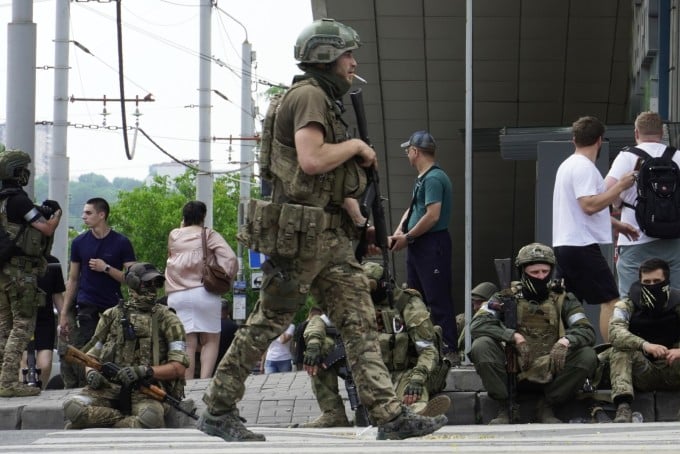
Wagner soldiers sit on the sidewalk while patrolling central Rostov-on-Don, June 24. Photo: AFP
By noon on June 24, Wagner units continued to advance through Voronezh south of Moscow and claimed control of additional military facilities in the city.
That was when Tran Nguyen Giap heard a loud explosion while shopping with his family at the Siti-Park Grad market in Voronezh. The 20-year-old student did not know at the time that Wagner forces had taken control of military facilities in Rostov-on-Don and were advancing through his neighborhood.
"We and everyone around us hurriedly told each other to go home after the explosion," Giap recalled, saying that Russian troops, tanks, and reconnaissance helicopters were stationed on the family's route home, about 3 km from the market.
Russian authorities have declared an anti-terrorist operation in the region, imposed travel restrictions, and some schools have banned students from leaving their dormitories. An oil depot in the city of Voronezh caught fire after a loud explosion.
Russian President Vladimir Putin later went on television to denounce Wagner's rebellion as treason. The Russian Defense Ministry urged the group's fighters to abandon Prigozhin, promising to guarantee their safety.
However, Prigozhin declared that he and his gunmen would not surrender but would continue to move their forces towards Lipetsk, about 400 km from Moscow.
Giap's family returned home and "closed the door and waited for news" as advised by authorities. "Everyone put their plans for the day on hold, everyone was extremely confused and worried," he said.
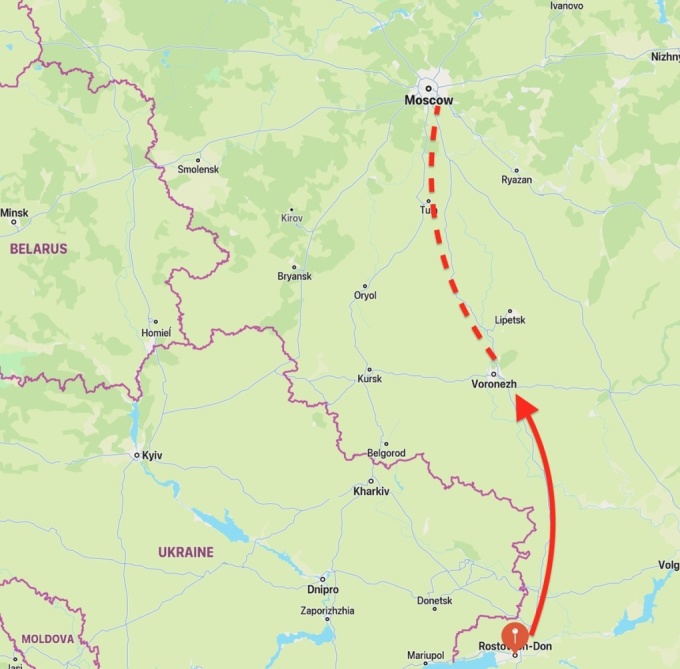
Location of the cities of Rostov-on-Don, Voronezh, Lipetsk and the capital Moscow of Russia. Graphic: Google Maps
In response to Wagner's statement directed at the capital, Moscow Mayor Sergei Sobyanin asked residents to limit their movements, as the city was under an anti-terrorist regime. He called the situation "difficult" and announced that people would be given a day off on June 26 to "minimize risks".
However, due to the military’s heightened vigilance, many Vietnamese in the Russian capital said the security situation remained stable on June 24. Many people continued to go out to the suburbs to grill meat, go shopping, and eat out on the weekend, even though some major events were canceled.
"The measures taken are necessary, and the authorities have promptly reassured people, so they believe the problem will be resolved. There is no chaos or major disruption in daily life," said Van Anh, who lives in Moscow.
Meanwhile, despite being under Wagner's control, the security situation in Rostov-on-Don and Voronezh was not as serious, as clashes did not break out and civilians were not affected. As the situation became clearer, people in Rostov-on-Don became less fearful, Mr. Hoang said.
The worries of Giap's family in Voronezh quickly passed when the area where he lived was strictly protected by the Russian army.
On the evening of June 24, Prigozhin unexpectedly ordered Wagner members to return to their barracks to “avoid bloodshed,” after reaching an agreement with the Kremlin to grant him immunity from prosecution and leave Russia for Belarus. Wagner soldiers then withdrew from Rostov-on-Don, ending what was considered the most serious security crisis in Russia in decades. By the morning of June 25, Mr. Hoang said life for the Vietnamese community in the city had returned to normal.
"The situation in Voronezh has also stabilized, although the fire at the city's oil depot has not been completely extinguished. Everyone hopes that the military tension will end so that Russia can return to its former peace," said Giap, who has lived in Voronezh for 10 years.
Duc Trung - Thanh Tam
Source link


![[Photo] General Secretary attends the parade to celebrate the 80th anniversary of the victory over fascism in Kazakhstan](https://vphoto.vietnam.vn/thumb/1200x675/vietnam/resource/IMAGE/2025/5/7/dff91c3c47f74a2da459e316831988ad)
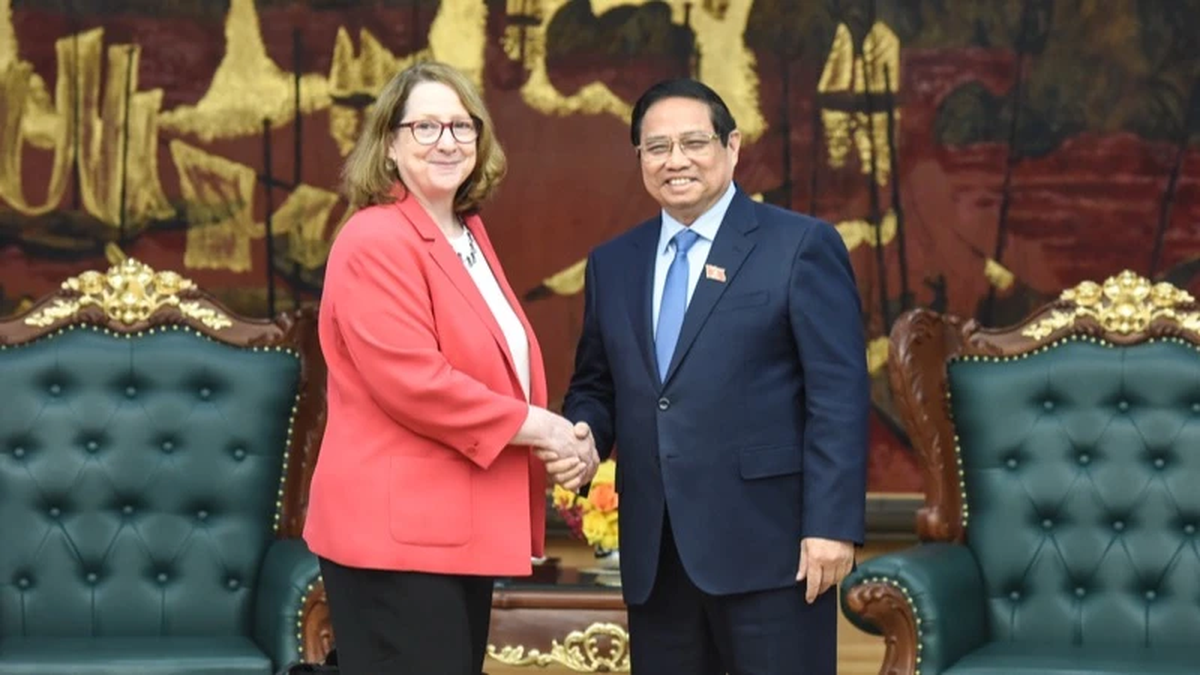
![[Photo] Prime Minister Pham Minh Chinh receives delegation from the US-China Economic and Security Review Commission of the US Congress](https://vphoto.vietnam.vn/thumb/1200x675/vietnam/resource/IMAGE/2025/5/7/ff6eff0ccbbd4b1796724cb05110feb0)



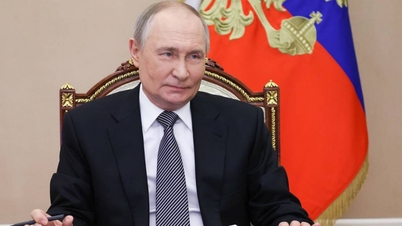






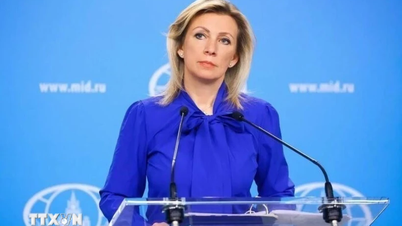


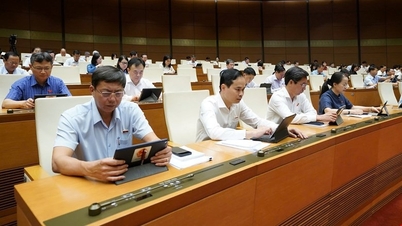
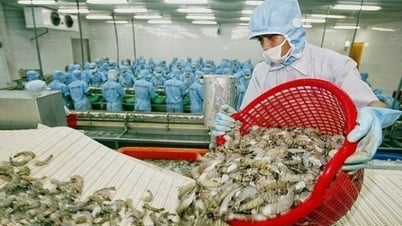







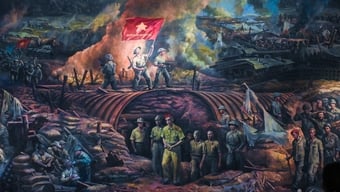


















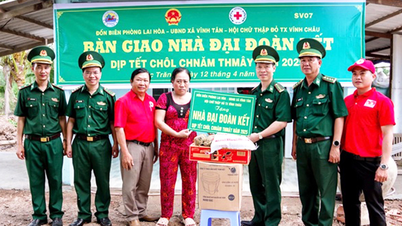







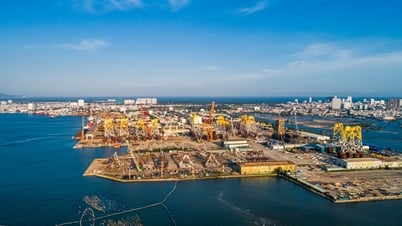




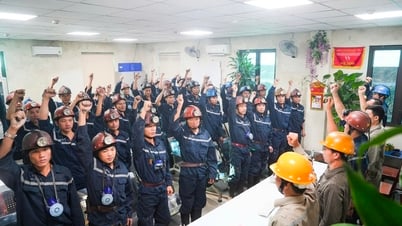
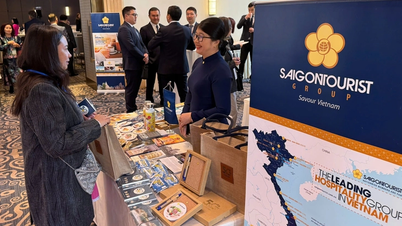



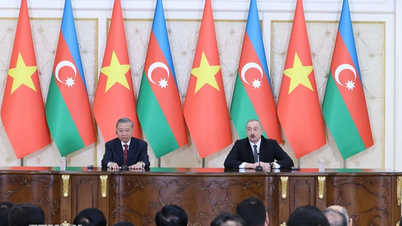
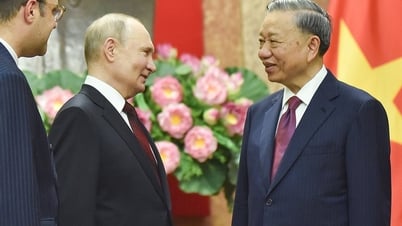

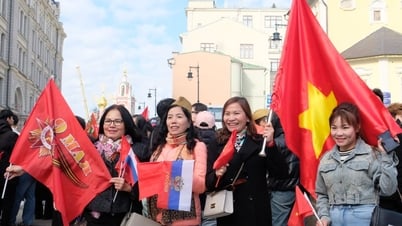

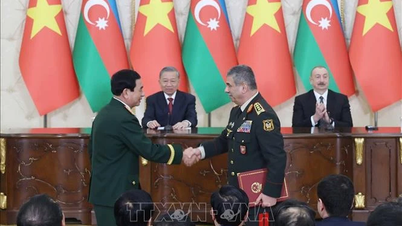




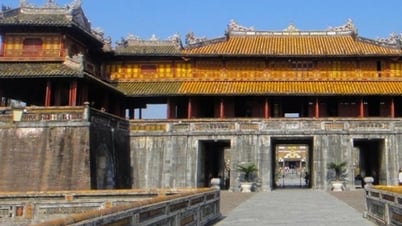





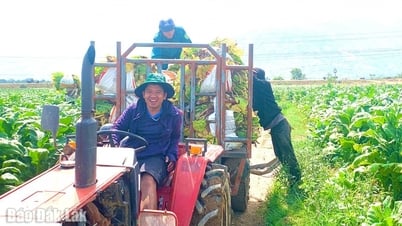

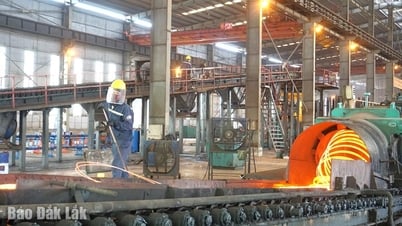

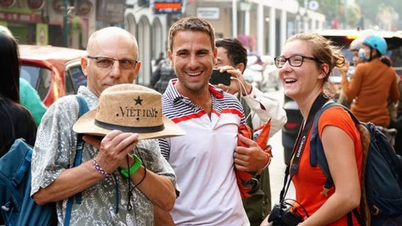

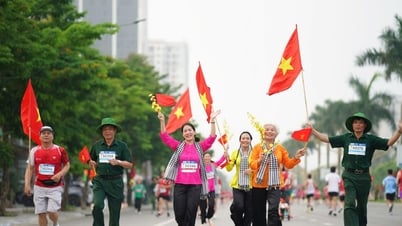









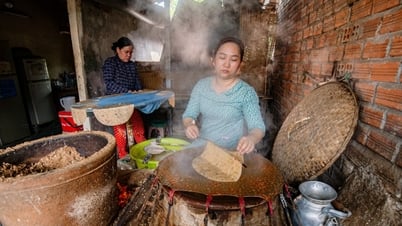



Comment (0)